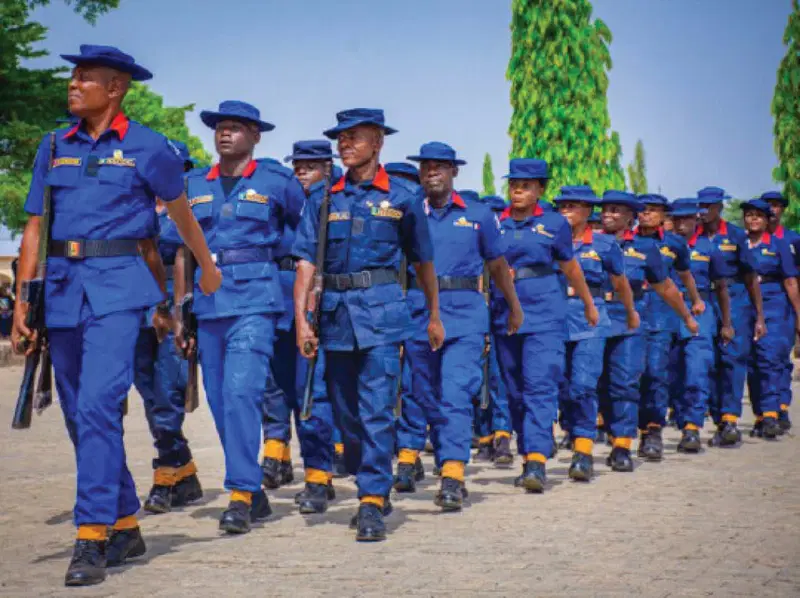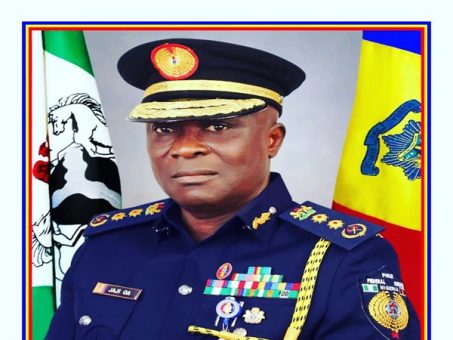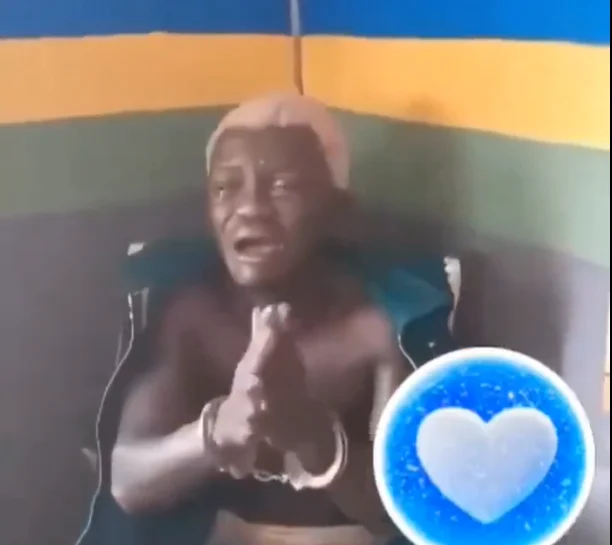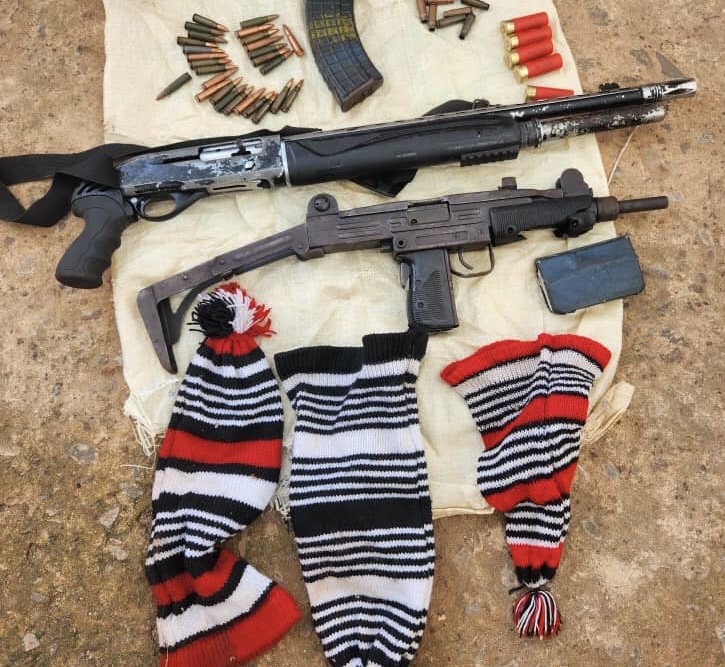Nigerians from different political and social circles are responding strongly to the federal government’s withdrawal of 11,566 police officers previously assigned to VIP protection duties.
The directive, issued by President Bola Ahmed Tinubu, is aimed at redirecting manpower to tackle rising insecurity nationwide — especially recent spikes in kidnappings across Kwara, Kebbi, Niger, and other northern states.
Inspector-General of Police, Kayode Egbetokun, clarified in Abuja that the move is not political or punitive, but a strategic decision to strengthen community policing.
According to him, the recalled officers are being redeployed to high-risk zones to boost intelligence gathering and response operations. He also warned against criminals impersonating security operatives during the transition.
Despite this, insiders say many policemen have quietly returned to VIP duties, with some officers spotted back at old assignments.
Several political figures have already turned to the Nigeria Security and Civil Defence Corps (NSCDC) for new security escorts. Former SDP presidential candidate Prince Adewole Adebayo was recently seen with NSCDC personnel and private guards. Some lawmakers and party officials, like Samuel Anyanwu, confirmed their police escorts had been withdrawn — even though they support the broader policy.
Mixed Reactions From Politicians
Reactions across the political class vary:
Samuel Anyanwu (PDP) supported the withdrawal but said VIPs should be prioritised based on risk. He revealed he has already applied to the NSCDC for replacement security.
APC South-East Vice Chairman, Dr. Ijeoma Arodiogbu, warned that VIPs remain major targets and completely stripping them of protection could backfire.
He argued some individuals — like traders with many police escorts — don’t need such privileges.
PDP Deputy National Youth Leader, Tim Osadolor, challenged Nigeria to adopt systems where even top leaders move without escorts.
Senator Ali Ndume (Borno South) backed the policy fully, calling it one of President Tinubu’s most important reforms. He said many VIPs misuse police orderlies, with some ministers assigning police to their wives and children.
Other lawmakers disagreed, calling the directive “unrealistic,” insisting VIPs remain prime targets of political attacks and assassinations.
National Assembly Calls for Clearer Guidelines
House Leader Julius Ihonvbere said Nigeria must clearly define who counts as a VIP.
He explained that as a national officer, he cannot travel dangerous roads — especially in Edo — without police escort due to kidnapping risks.
Read Also;
IGP Egbetokun: Withdrawal of Police From VIPs Will Strengthen Frontline Security
Push for Tougher Security Laws
Amid the withdrawal debate, the Senate introduced a bill to classify all forms of kidnapping as terrorism, with a mandatory death sentence upon conviction.
The bill, sponsored by Senate Leader Opeyemi Bamidele, follows growing demands from lawmakers that only the harshest punishment can deter the rising wave of abductions across Nigeria.
Private Security Sector Calls for Reform
The Association of Licensed Private Security Practitioners of Nigeria (ALPSPN) described the policy shift as a signal for Nigeria to modernise its 38-year-old law regulating private security.
Maj. Gen. Elvis Njoku (retd.), the group’s chairman, said the sector needs updated regulations to deal with new threats — including data protection, modern surveillance tools and better integration with national security.
He commended the President’s ongoing security reforms and called for unity among private security stakeholders.




